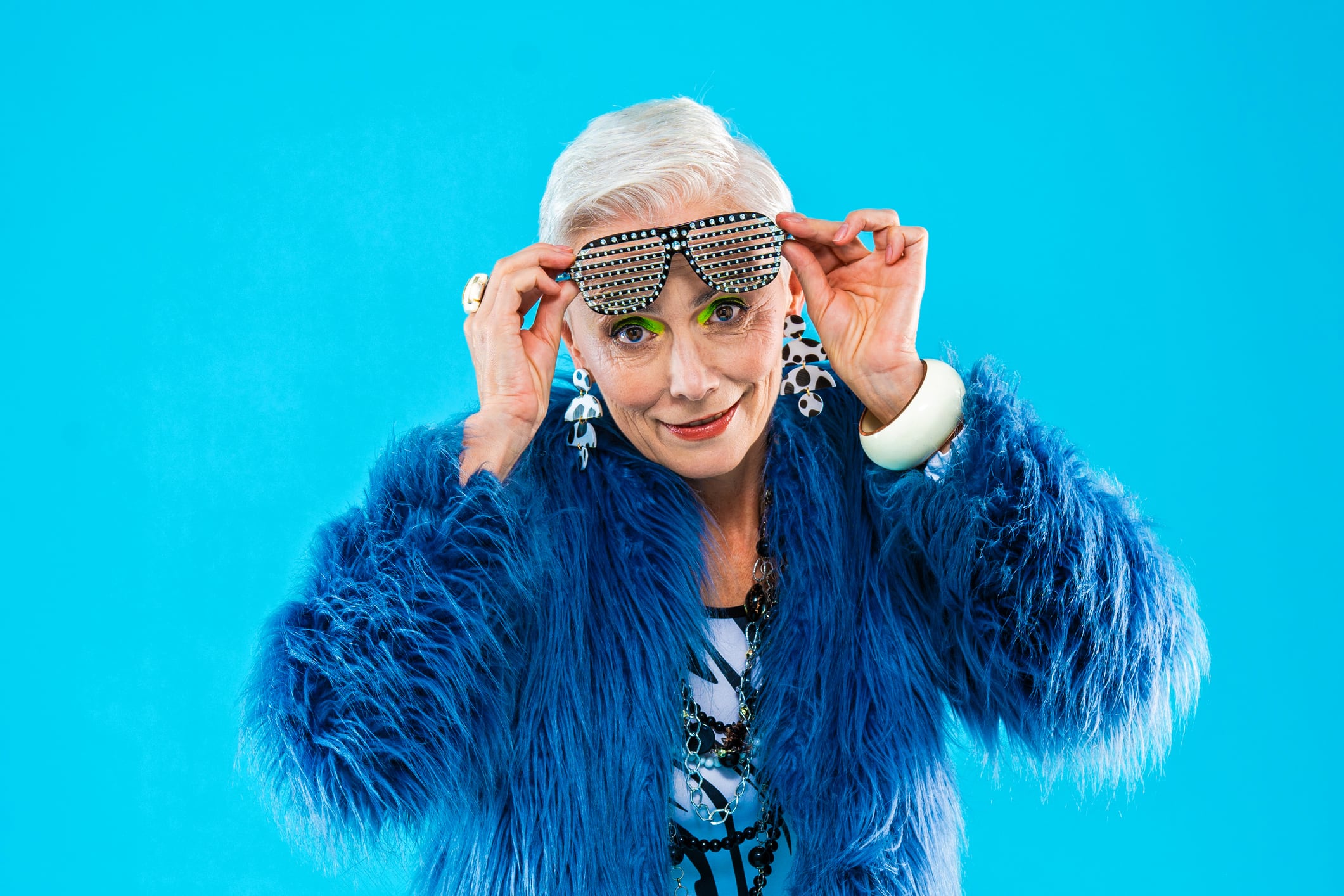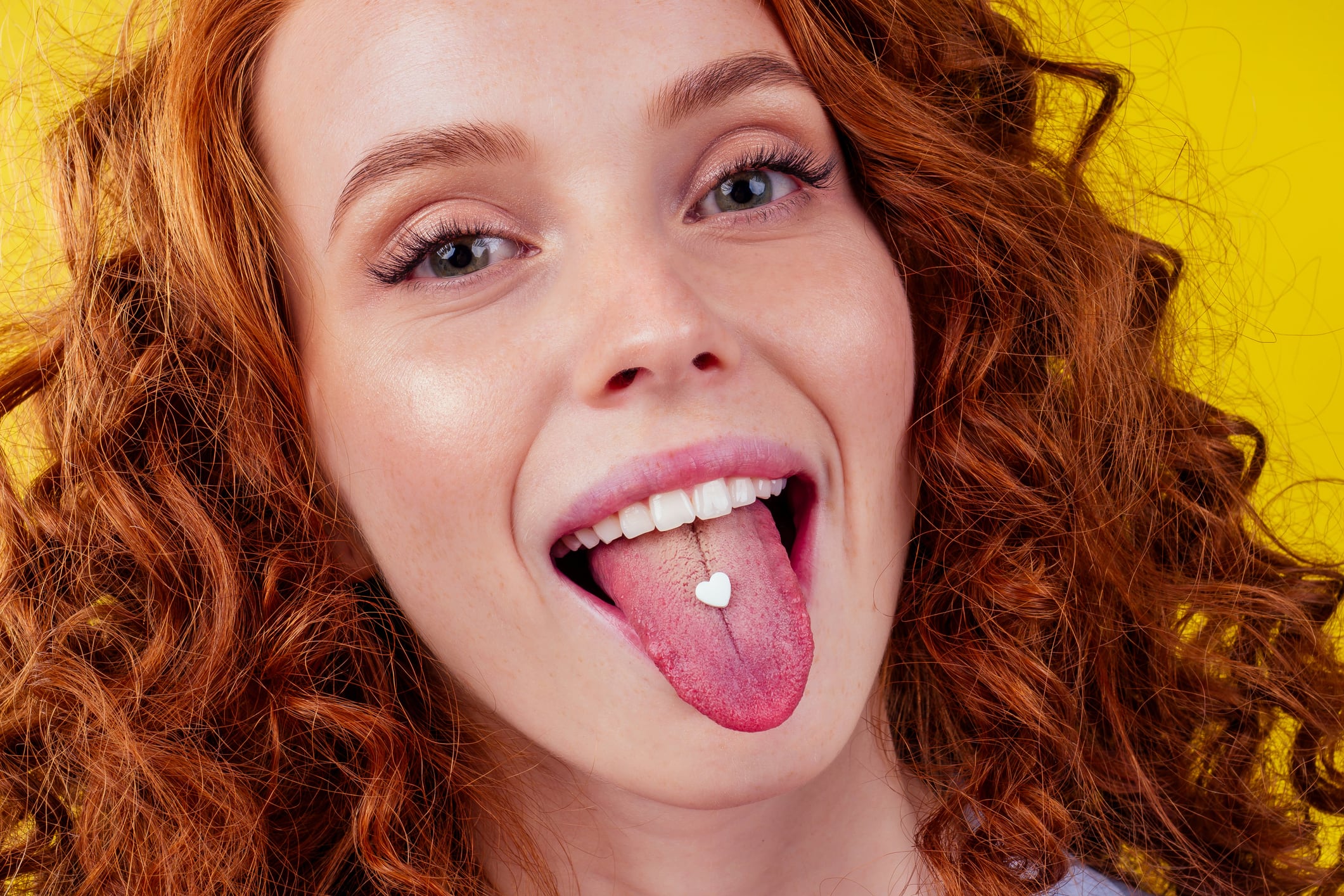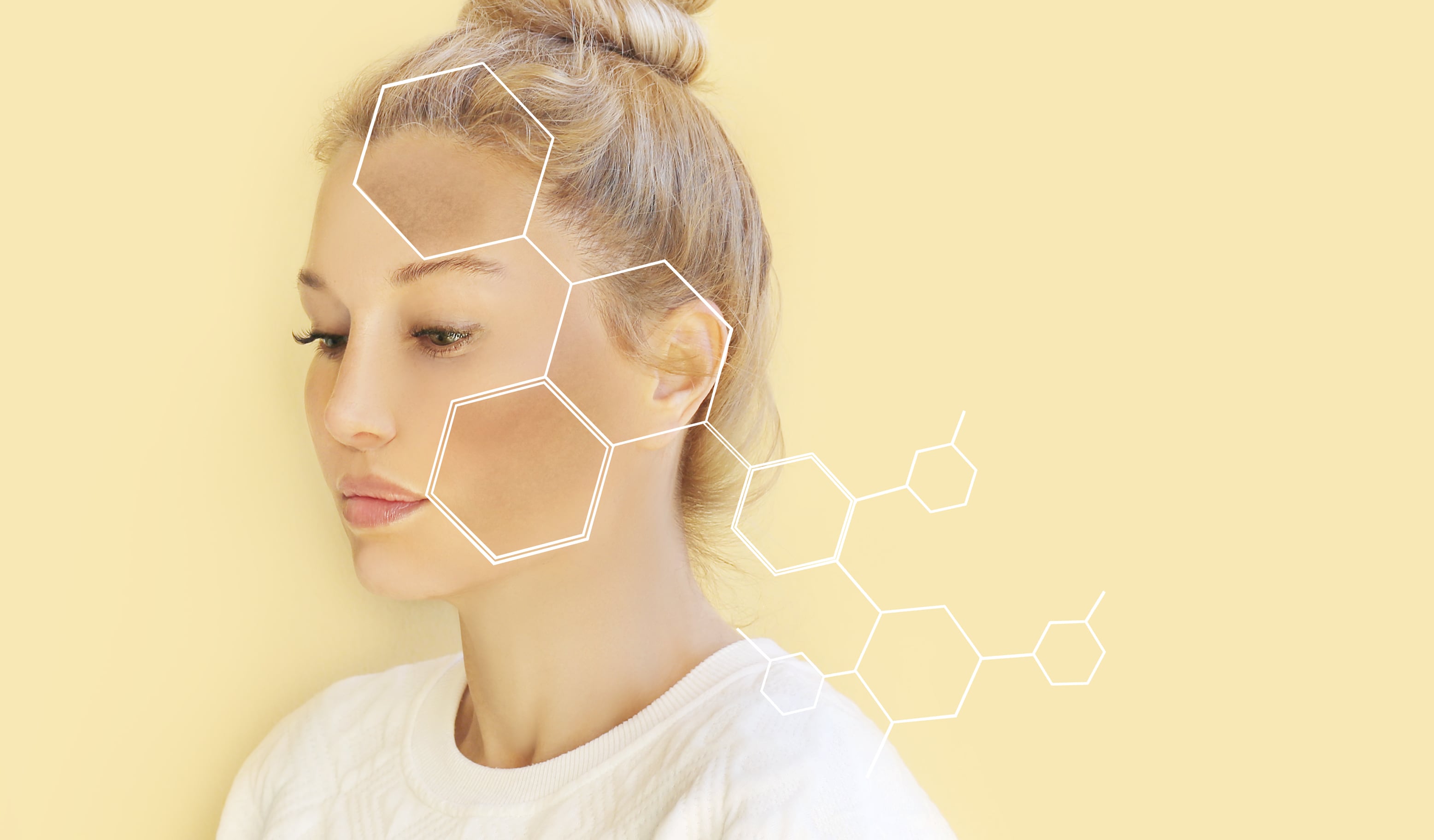People are shifting the way they think about healthy living. No longer just a means to extend lifespan, the focus has expanded to maintaining optimal physical and mental well-being throughout those extra years. This shift has been dubbed ‘healthspan’, and it’s a global movement.
In late 2024, data analytics firm Euromonitor International cast a spotlight on the trend, which it called ‘Healthspan Plans’. The firm noted that “consumers are far down the path on their longevity journeys and at the point where they are making behavioral changes to live healthier lives for longer.”
“Consumers are now prioritize proactive health measures, aiming to ‘age well’ through personalized supplements, fitness routines and biohacking,” said Karolina Grigorijevaite, team lead for innovation at Euromonitor International.
Euromonitor also projected that global sales of vitamins, minerals and supplements will reach $139.9 billion by the end of 2025.
Health is the new wealth
In the context, longevity beauty is becoming a main focus, featuring at events such as this year’s InCosmetics Global and anti-aging medicine conferences IMCAS and AMWC.
A new report from IRIS Ventures, a thematic investment fund supporting health and wellness brands, reflects the rise of longevity-driven nutrition, spotlighting ingredients like vitamin D, magnesium, curcumin, ashwagandha and NMN as key players.
The report categorizes longevity consumers into two main groups based on life stage:
For younger consumers, “health is the new wealth.” The report says they “are redefining success not just in financial terms but through physical resilience and cognitive vitality.”
“The longevity mindset is shifting from short-term fitness goals to long-term optimization,” the report noted, reporting that Gen Z and Millennials are “embracing metabolic health, gut support and precision supplementation as part of their daily routines” and that “wearables like Apple Watch, Oura, and Whoop are now mainstream–33% of millennials and 27% of Gen Z use them to track health accelerating the shift toward personalized nutrition and biofeedback-led lifestyles."
For older demographics, the report stated that “longevity is about preserving vitality, independence and mental sharpness.”
The over-40 consumer is prioritizing muscle maintenance, hormonal balance and cognitive function—driving demand for protein, fiber, omega-3s and longevity-targeted supplements like NAD+, NMN and CoQ10.
“As prevention becomes the ultimate investment, functional foods and bioavailable supplements are the new luxury,” according to the report.
Healthspan as a new definition of luxury was a key theme of another report released earlier this year by UK-based trend forecasting firm The Future Laboratory and The Together Group.
“For wealthy consumers, the desire to extend their lifespan and healthspan is now fueling a blossoming market for precision health and life-extension services,” said Alex Hawkins, director of strategic foresight at The Future Laboratory.
“Such an evolution signals a future where sector-agnostic collaboration will be essential to success as science sets a new benchmark for next-generation luxury consumers.”
Interest in NAD/NAD+ is surging
The IRIS Ventures report also highlights a surging interest in NAD+ (nicotinamide adenine dinucleotide) and NMN (nicotinamide mononucleotide), driven by research into cellular energy production and aging.
These compounds play a crucial role in DNA repair, mitochondrial function and cognitive health, making them a cornerstone of longevity-focused supplementation.
Rosalia di Gesu, associate director for beauty and personal care at market intelligence firm Mintel, said the data shows a growing understanding of how lifestyle affects the aging process, “so there’s a white space there.”
“For example, in 2024, data from our Global New Products Database showed that less than 1% of skin care launches clearly promoted longevity concepts,” she said. “Most of them were in the prestige facial skin care category, but the excitement is going to continue this year and beyond, and I think it will evolve as well. I think there’s potential for the idea of longevity concepts to expand beyond the facial skin care category—for example, into the body care category, and into the hair care category as well.”
Di Gesu added that the expansion of longevity-focused innovation into the beauty supplements is an exciting space to watch.
“Late last year, I started to see many more kinds of disruptive beauty supplement innovations that explored the topic of longevity and focused more on biological age, and some of these were showcasing disruptive ingredients like NAD+,” she said.
“It’s still very niche, but it’s interesting to see brands point to NAD, NAD+ and also its precursor ingredients—the substances that can convert into NAD. These include nicotinamide riboside, nicotinic acid, nicotinamide, nicotinamide mononucleotide and tryptophan."
Epigenomics testing and beauty
As the world’s biggest beauty company, L’Oréal has been working behind the scenes on this ‘prejuvenation’ R&D for the past few years.
It recently partnered with a leading epigenomics testing company, Tru Diagnostic, “to explore the connection between beauty indicators and changes in epigenomic markers” and “facilitate a series of innovative studies designed to unlock the intricate relationship between epigenetics and beauty.”
It also announced plans to develop advanced products that promote long-term skin and hair health that “trigger the hallmarks of longevity activation moving to long term skin and hair health management.”
By focusing on the science of epigenetics, the two companies intended to develop ”groundbreaking solutions that enhance beauty-from-within, providing consumers with holistic approaches to skin care and hair care.”
Matthew Dawson, CEO at Tru Diagnostic, highlighted that the science of epigenomics has the potential to revolutionize how beauty is understood at a biological level.
“Together, we aim to lead the charge in integrating epigenetic science into the beauty industry, creating innovative products that truly reflect the future of beauty and longevity,” he said.
In January at the IMCAS 2025 conference in Paris, L’Oréal discussed its new Longevity Integrative Science division, which is exploring how mechanisms in the human body can affect skin’s age and appearance and uncover biological age rather than chronological age.
Understanding the real rate of skin aging, among other metrics, can then inform targeted product recommendation with efficacious active ingredients to slow down the aging process.
The Longevity Integrative Science approach is based on the nine hallmarks of aging described as “nine interconnected biological mechanisms activated by the science of biomarkers.”
The scientific research harnesses the company’s technology innovation, the Longevity AI Cloud, which provides “a map of 267 biomarkers that enables us to create three intervention models and extend ‘skin healthspan’ in ways we never could before,” the firm said.
In terms of extending ‘skin healthspan’, L’Oréal has three intervention models corresponding to different life stages.
The first intervention is designed to “preserve skin’s youth capital at a molecular level.” The second ‘mid-age intercept’ can “halt metabolic dysfunctions at a cellular level,” and the third is a ‘mature age reset’ designed “to reverse damaged biological functions at a tissular level.”
Luc Aguilar, research director for microbiome and exposome at L’Oréal R&D, said this is still a relatively new area of research and that there are “a host of biomarkers and interventions” in this space.
There is now generally “a global understanding and willingness to know your biological status at every stage of your life, to know and project the trajectories and change the trajectories before visible signs occur,” he added.
“Based on predictions, your biological status can predict your skin trajectories as a result of the damage you have accumulated over the years. Now you can change your biological age and delay the aging process.”
He likens this to “a clock that shows what stage you should be at what age” and said that “the clock for biological age doesn’t always have to correlate with the chronological age.”
Using this ‘clock’, people can compare how they are aging to the ‘average population’.
Longevity and urolithin A
L’Oréal has also invested in Swiss biotech firm Timeline, which in collaboration with the Swiss Federal Institute of Technology de Lausanne (EPFL) created Mitopure-branded urolithin A—a postbiotic targeting mitochondrial health and longevity.
According to Timeline, it is the first postbiotic nutrient “shown to trigger a crucial recycling process within our cells called ‘mitophagy’—targeting age-related cellular decline.”
Mitochondria provides a lot of energy for skin to fight against aging, but with time, dysfunctional mitochondria lead to reduced energy production, cellular decline and skin signs of aging like sagginess, dullness, wrinkles and weakened skin barrier.
The company explained that mitophagy acts as a recycling and cleansing mechanism for defective mitochondria, allowing them to repair themselves and improve their performance to provide valuable health benefits.
Julie Faitg, senior manager of applied research and regulatory affairs at Timeline, described ‘mitophagy’ as “a Pac Man that eats the dysfunctional mitochondria but with age doesn’t work as well anymore” and said that Timeline started studying this subject 15 years ago, investigating pomegranate ellagitannins, a precursor to urolithin A.
Studies have shown that the best way to get more urolithin A is by eating foods rich in ellagitannins that supports production the body’s own urolithin a production in the gut.
“If you have the right gut microbiome you can process more of it, but for now in the United States, for example, people only get around 10% to 20% of it due to their lifestyle and diet choices,” Faitg said.
Timeline started by looking at the effects of urolithin A on muscles and has since conducted six clinical trials, which reported outcomes such as increasing muscle function and improving muscle strength.
“As our next target we wanted to look at skin as it’s the largest organ; the first army to protect us from the outside world,” Faitg said.
Studies have shown that overall, urolithin A can increase skin hydration, decrease wrinkles and improve the skin biome.
The research also indicates that it can increase mitochrondria respiration (which decreases with age), and another study showed it helped with an “upregulation of collagen genes,” Faitg said.
New ingestible innovation in beauty-longevity
ARTIS London, founded by plastic and cosmetic surgeon Paul Banwell, is one supplement brand that has been innovating in the longevity-beauty space.
The brand’s Regenerative Complex combines NAD+ with sirtuin promoters quercetin and resveratrol. According to Dr. Banwell, “sirtuins are the next big thing in longevity medicine” and “have been dubbed the ‘longevity genes’.”
“Sirtuins regulate glucose and fat metabolism in response to physiological changes in energy levels,” he said. “This helps maintain balanced energy levels and, as such, determines longevity.”
Beauty and wellness brand Niance is also taking an inside-out approach in the beauty-longevity space, with a range that includes both supplements and topical products.
“While traditional skin care only addresses the surface, we are now targeting aging at its root at the cellular level,” said Marnix Ettena, CEO at Niance.
The brand recently launched its Epigen12 Cell Renewal—a longevity supplement that it claimed is “clinically proven to reverse biological aging by up to 12 years.”
The company said that the formulation combats oxidative stress, supports DNA repair and enhances overall cellular health.
According to Ettena the innovation “addresses the root causes of aging, including epigenetic alterations, mitochondrial dysfunction and telomere attrition.”
It is formulated with an ingredient derived from Scarlet Beebalm and Lemon Balm along with trans-resveratrol, nicotinamide riboside (NR), coenzyme Q10 and niacinamide to “synergistically target aging markers, enhance NAD+ production, combat oxidative stress and promote mitochondrial energy production.”
Di Gesu highlighted other emerging brand’s on the Mintel radar.
“One to look out for is a brand called Jung+, which has launched a range of supplements called the Total Longevity System,” she said. “It includes a core longevity-focused foundation supplement that consumers can mix and match with different boosters as well. This brand promotes how it uses niacin as a precursor to NAD+ to help boost levels.
“Another supplement that’s pointing to an ability to boost NAD+ levels is Wonderfeel Younger NMN, and another is from a brand called Age Factor Cell Defense in the beauty supplement space.”
Di Gesu noted that there are also some interesting hybrids—skin care brands that are offering both topical products and supplements.
“Aramore Skin care is one that focuses on NAD+ and offers both topicals and ingestible products,” she said. “And InVita, is another that is suggesting this kind of ‘inside-out’ regime.”
Sector-agnostic collaboration will be key to success
Looking ahead, both Di Gesu and Hawkins agree that sector-agnostic collaboration will be key to the success of longevity-focused innovation.
“There is opportunity for longevity-focused beauty supplements and topical skincare products to build consumer trust by teaming with third party companies and industries focused on longevity,” Di Gesu said.
“That could be teaming up with biohacking centers or biohacking experts such as Mark Hyman, a longevity expert who hosts a health hacks podcast. They can also team up with these longevity wellness retreats that I’m seeing as well or with longevity telemedicine platforms.”





